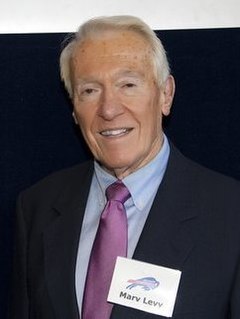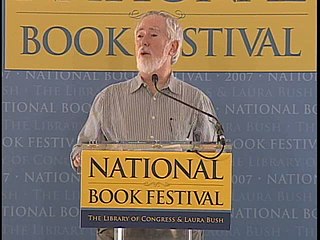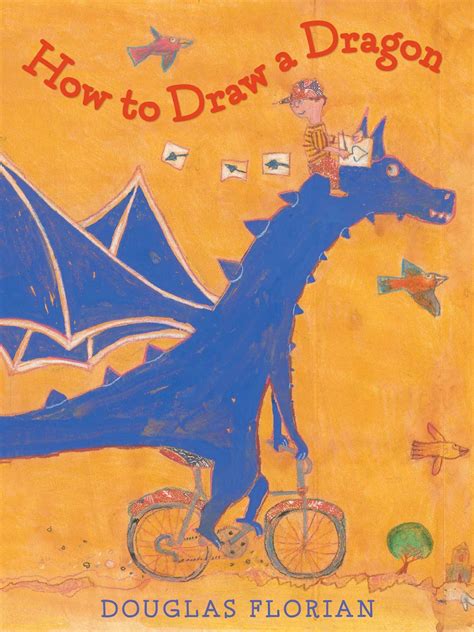A Quote by Marv Levy
When I first started reading poetry, all the poets I read - Edgar Allan Poe, Oliver Wendell Holmes, John Greenleaf Whittier - were rhyme poets. That's what captured me.
Related Quotes
I started moving away from poets like Wallace Stevens and Hart Crane and started reading poets like, again, Karl Shapiro, Howard Nemerov, Philip Larkin, and the British poets who were imported through that important anthology put together by Alvarez - and those would include Thom Gunn and Ted Hughes. And I think these poets gave me assurance that there were other ways to write besides the rather involuted style of high modernism whose high priests were Pound, Eliot and Stevens, and Crane perhaps.
I do believe that one's writing life needs to be kept separate from Po-Biz. Personally, I deal with this by not attending too many poetry readings, primarily reading dead poets or poems in translation, reading Poets & Writers only once for grant/contest information before I quickly dispose of it, and not reading Poetry Daily. Ever.
I didn't ever consider poetry the province exclusively of English and American literature and I discovered a great amount in reading Polish poetry and other Eastern European poetry and reading Russian poetry and reading Latin American and Spanish poetry and I've always found models in those other poetries of poets who could help me on my path.
I studied art at Queens College, taking very few courses in literature. But I've always loved reading poetry and grew up enjoying the so-called beat poets, Allan Ginsburg, Jack Kerouac, and Gregory Corso among them. The poems of Ogden Nash also inspired me, having first seen his work while browsing in a library when I was in the sixth grade.
When I was in law school I was taught that the great writers were people like [Oliver Wendell] Holmes Jr. and [Benjamin N.] Cardozo. But you go back and read their prose and it's sort of perfumed and very ornate and show-offy. And they're constantly striving for these abstractions that seem archaic nowadays.
I tend to like the way poets form communities. Writing can be lonely after all. Modern life can be lonely. Poets do seem to be more social than fiction writers. This could be because of poetry's roots in the oral tradition - poetry is read aloud and even performed. I'm just speculating, of course. At any rate, because poets form these groups, they learn from one another. That is one of the best things about being a poet.
I have just been to a city in the West, a city full of poets, a city they have made safe for poets. The whole city is so lovely that you do not have to write it up to make it poetry; it is ready-made for you. But, I don't know - the poetry written in that city might not seem like poetry if read outside of the city. It would be like the jokes made when you were drunk; you have to get drunk again to appreciate them.






































